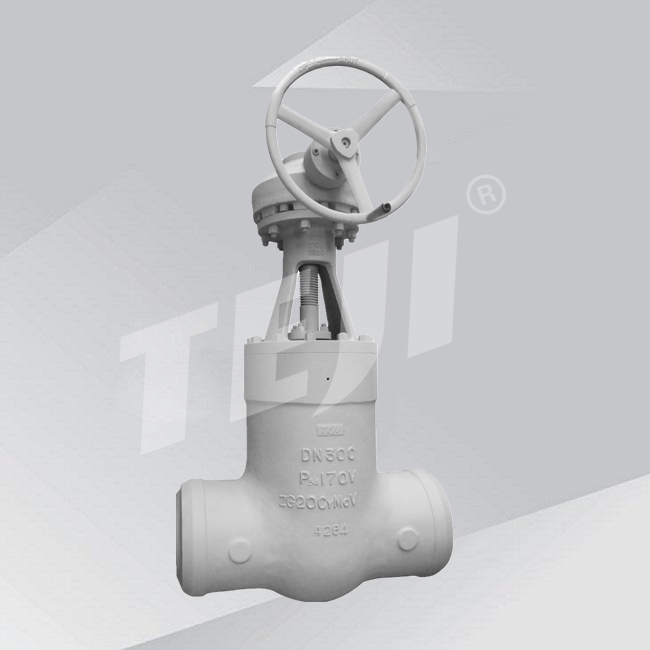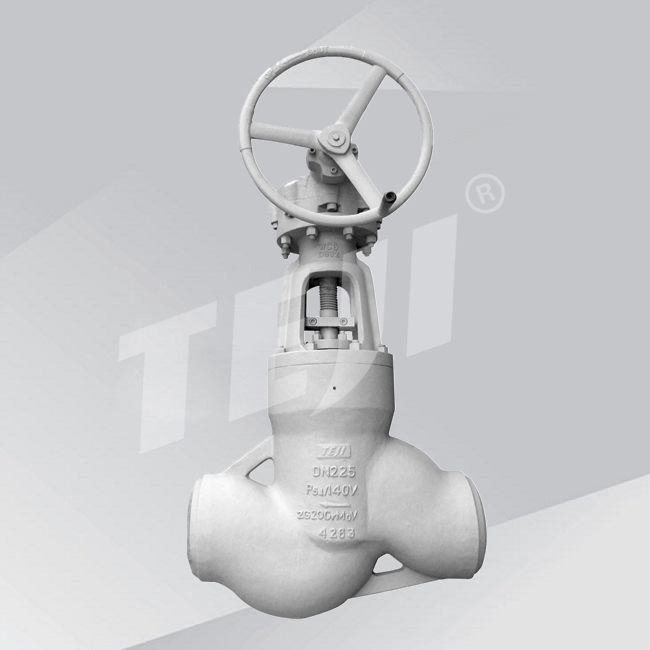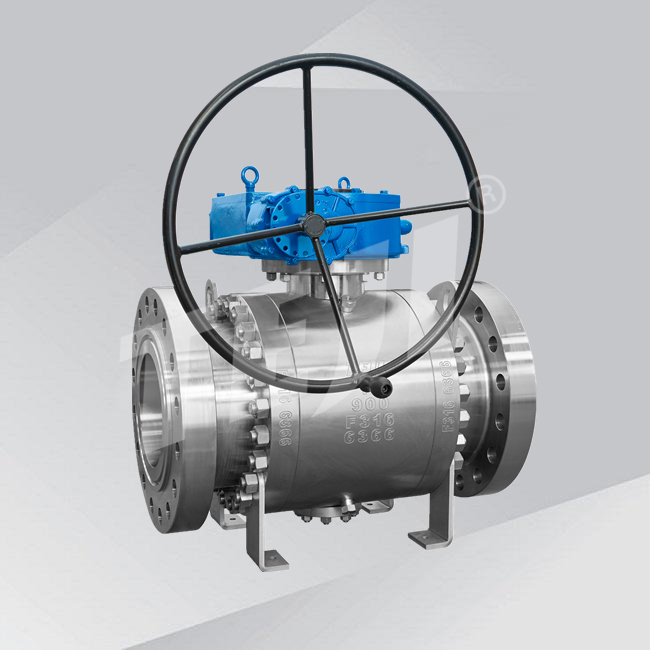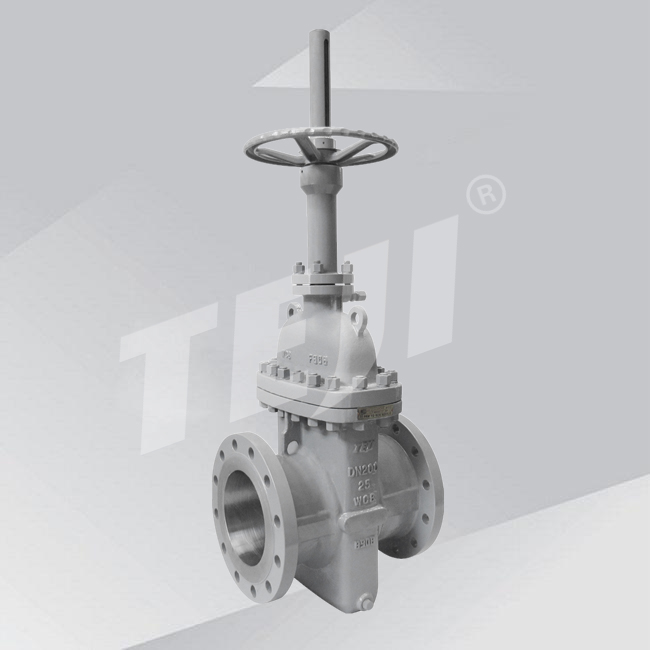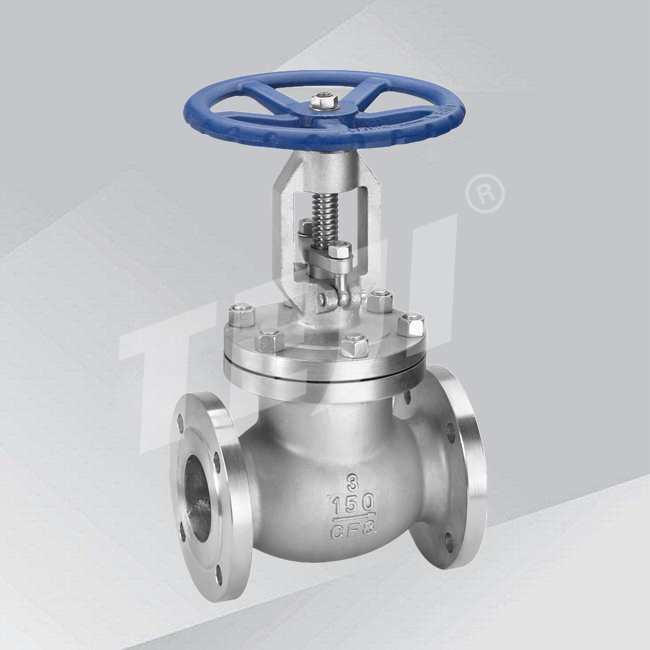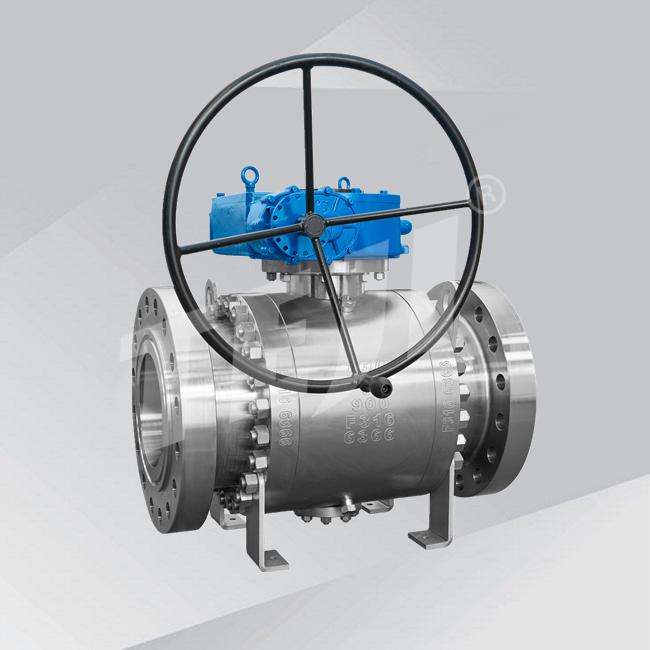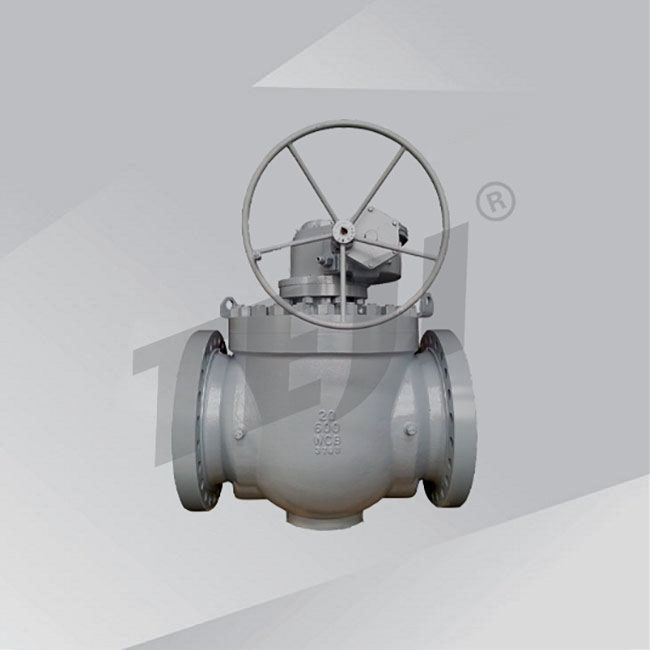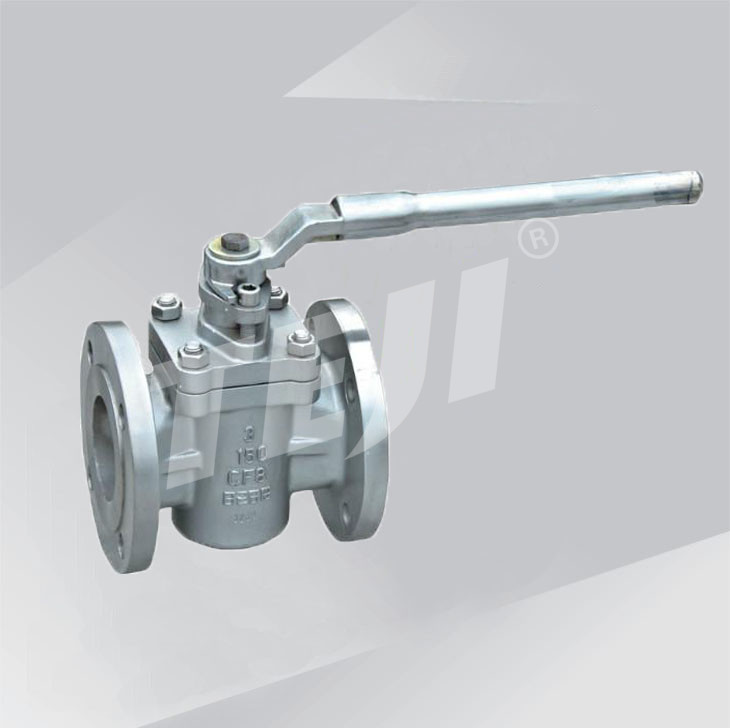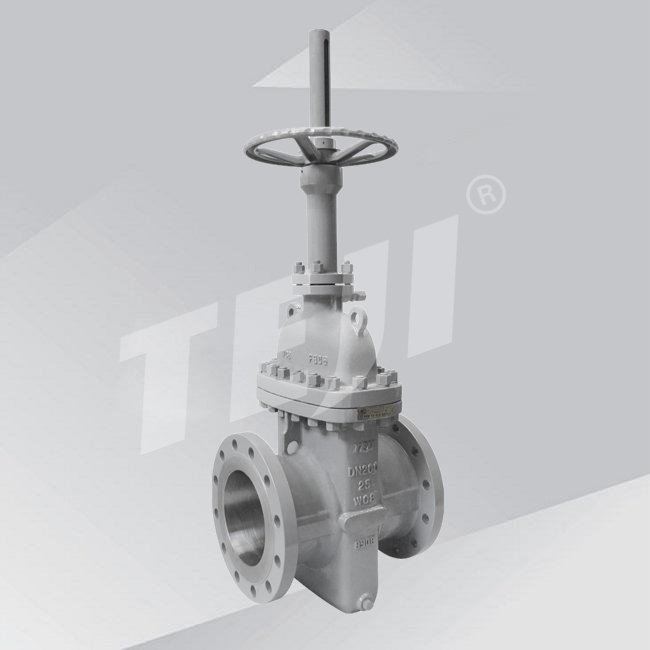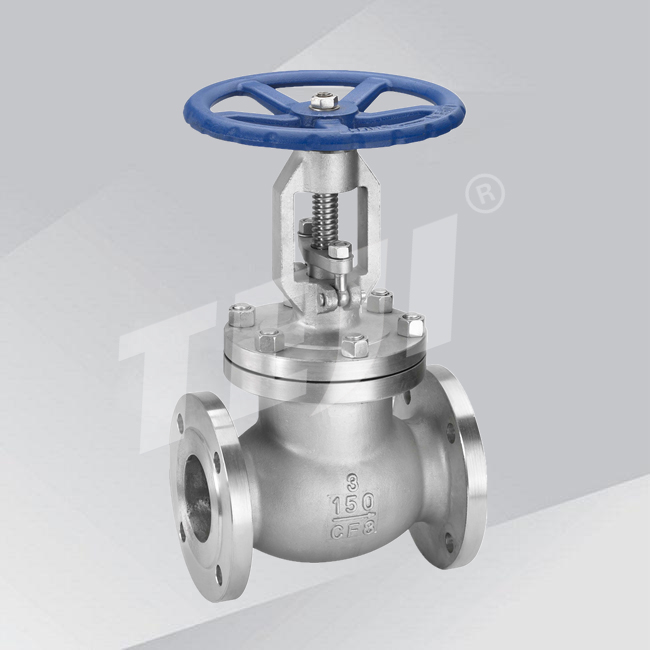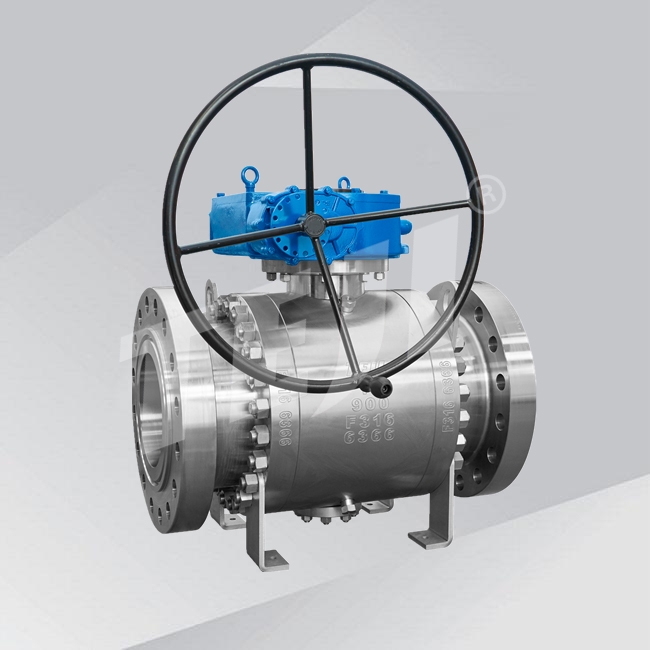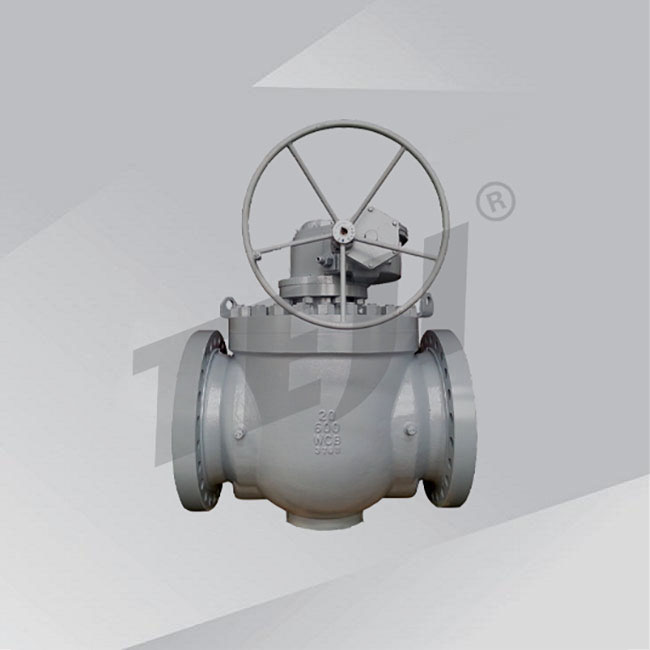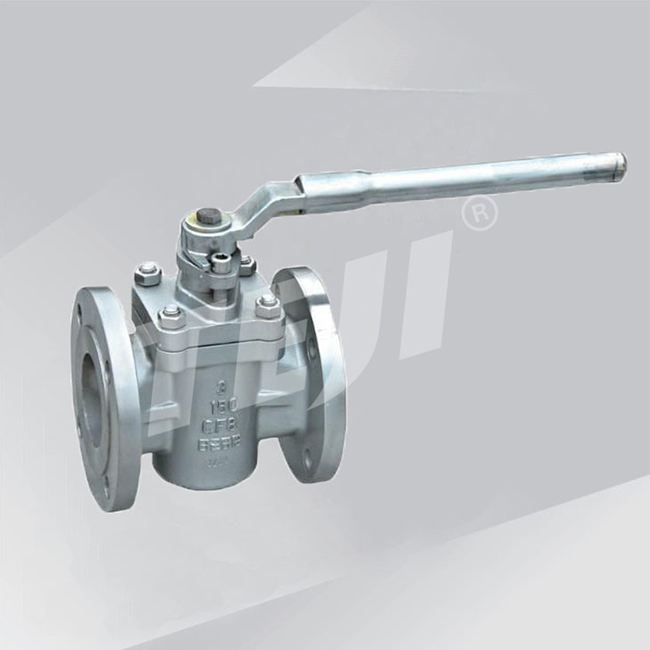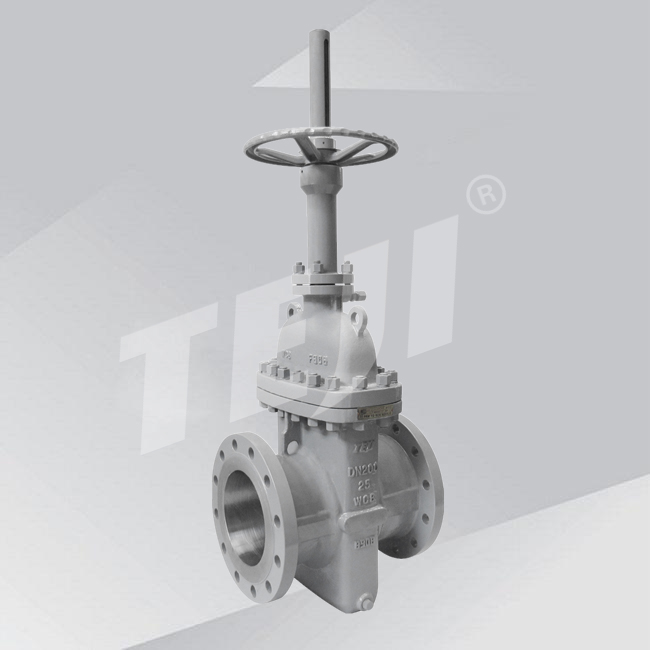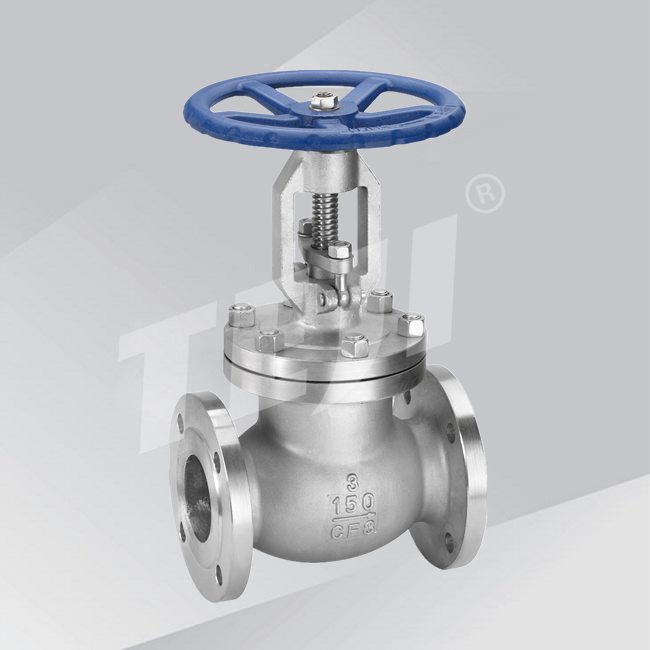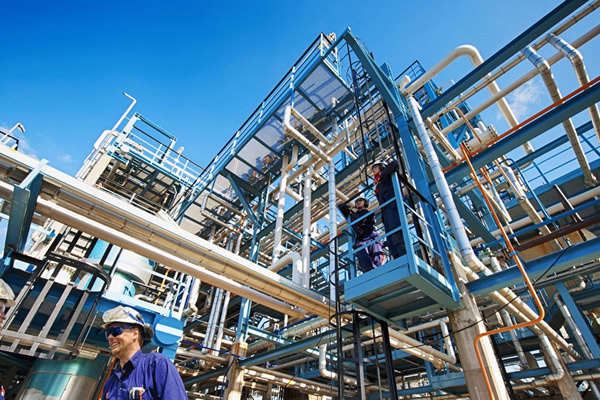
Power station industry
The power station industry is a factory that converts various primary energy sources contained in nature into electrical energy (secondary energy). At the end of the 19th century, as the demand for electricity increased, people began to propose the idea of establishing a power production center. With the development of motor manufacturing technology, the expansion of the application range of electric energy, and the rapid increase in the demand for electricity in production, power plants have emerged accordingly. Power plants have a variety of power generation methods: thermal power plants are called thermal power plants, hydropower plants are called hydropower plants, and some power plants rely on solar energy (photovoltaic) and wind and tidal power. And nuclear power plants that use nuclear fuels as energy sources have played an increasing role in many countries in the world.
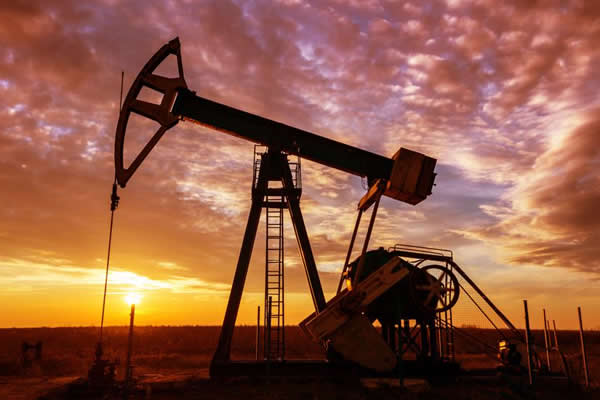
Chemical industry
The chemical industry occupies an important position in the national economy of various countries and is the basic industry and pillar industry of many countries. The development speed and scale of the chemical industry have a direct impact on all sectors of the social economy. The annual output value of chemical products in the world has exceeded US$1.5 trillion. The chemical industry is a major polluter due to its diverse categories, complex processes, and diverse products, as well as many types, large quantities, and high toxicity of pollutants emitted during production. At the same time, chemical products may produce a large amount of toxic substances in various links such as processing, storage, use and waste disposal, which affect the ecological environment and endanger human health. The sustainable development of the chemical industry has important practical significance for human economic and social development.
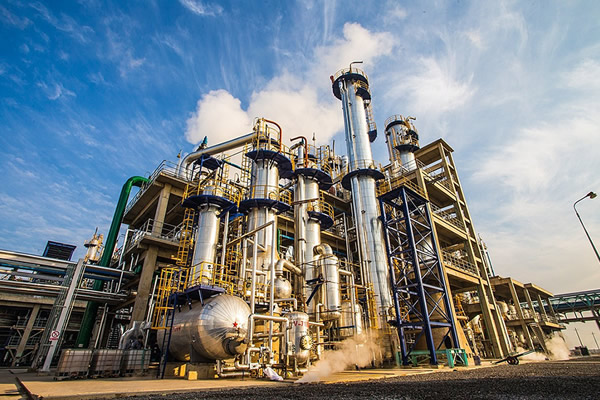
Gas industry
Natural gas is stored in underground porous rock formations, including oil field gas, gas field gas, coal bed methane, mud volcanic gas and biogenic gas, etc., and a small amount is also derived from coal seams. It is a high-quality fuel and chemical raw material. The main purpose of natural gas is as fuel, which can be used to produce carbon black, chemicals and liquefied petroleum gas. Propane and butane produced from natural gas are important raw materials for modern industry. Natural gas is mainly composed of a mixture of gaseous low-molecular hydrocarbons and non-hydrocarbon gases.
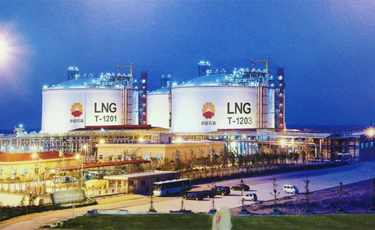
Oil industry
The petroleum industry is divided into upstream, midstream and downstream. The relationship between the upstream and downstream industrial chains is very close, with a very distinctive industrial chain structure and industrial chain information transmission effect. Among them, the upstream business includes the exploration and development of crude oil and natural gas, the midstream is mainly the storage and transportation of oil and gas, and the downstream includes process-based businesses such as oil refining, chemical industry, and natural gas processing, and product distribution and sales businesses such as gas station retail. Under normal circumstances, the processing industry that uses petroleum and natural gas as raw materials to produce petroleum products and petrochemical products is called the petrochemical industry (referred to as the petrochemical industry), and the rest are collectively called the petroleum industry. The main production and operation activities of the petroleum industry include oil and gas exploration, oil and gas field development, drilling engineering, ground construction, petrochemicals, storage, transportation and sales, and operation management.
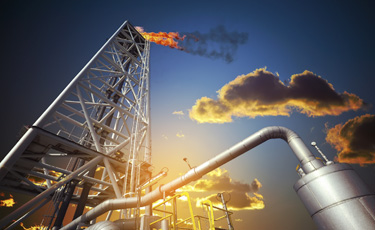
Water conservancy industry
The purpose of the water conservancy industry is to comprehensively consider and rationally arrange the control, development and use of ground and ground water resources to maximize safety, economy and efficiency. The problems to be solved in the planning of water conservancy projects generally include the following aspects: determine various governance and development goals according to needs and possibilities, select a reasonable project scale according to local natural, economic and social conditions, and formulate safe, economic, and convenient operation and management. Therefore, we should first do a good job in the investigation and research of the hydrology and hydrogeology of the river basin to be governed or developed, and grasp the distribution of water resources.





